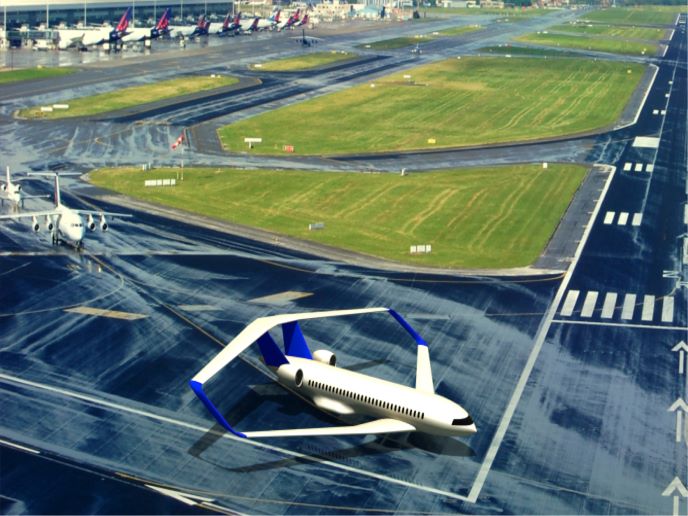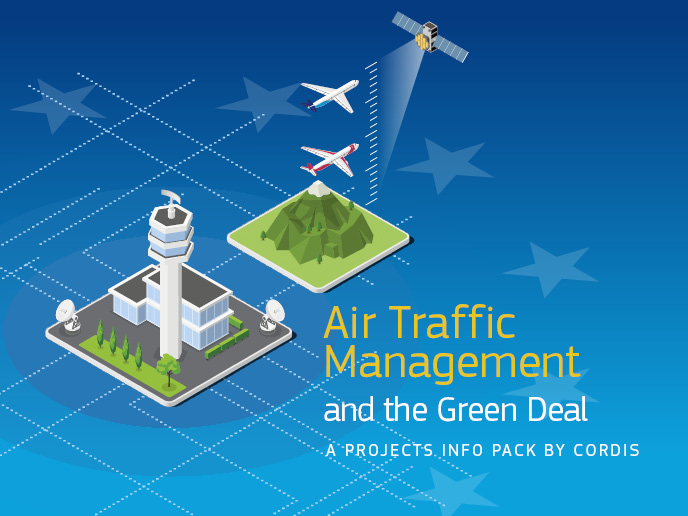Helping aviation embrace data-driven innovation
Industries of all types are using the power of big data and analytics to fundamentally transform how they do business. The notable exception is the aviation industry. In fact, there is currently little data diffusion and sharing between the different stakeholders of the aviation-related sectors. “The European aviation industry needs to leverage the surge of multisource data in order to gain augmented intelligence and open the door to a range of unprecedented services,” says Dimitrios Alexandrou, business innovation director at UBITECH(opens in new window), a Greek technology company. With a focus on building a data value chain, the EU-funded ICARUS(opens in new window) (Aviation-driven Data Value Chain for Diversified Global and Local Operations) project is helping the aviation industry embrace data-driven innovation. “Using big data analytics, deep learning(opens in new window), data enrichment, and blockchain-powered data sharing, the ICARUS project aims to deliver a unique data and intelligence platform for the aviation industry,” adds Alexandrou, who serves as the project coordinator.
A one-stop shop for aviation data and intelligence
The objective of the project is to conceptualise, design and develop the ICARUS platform. When finalised, the platform will enable data exploration, blockchain-empowered sharing, and the brokerage of a large variety of heterogeneous data sources. It will also serve as a one-stop shop for aviation data and intelligence – covering the entire big data lifecycle, from data collection to curation, exploration, integration and analysis. “The platform will provide users with a deeper understanding of, for example, flight optimisation, pollution awareness, tourism operations, the passenger experience – even how aviation can cause an epidemic to spread,” explains Alexandrou. “As such, it will be an invaluable tool for the aviation industry, aviation-related service providers, and other cross-sectoral stakeholders.” The platform will also serve as a trusted and secure sandbox-style workspace where users can conduct analytical experiments in a safe and confidential closed-lab environment. “The ICARUS platform aims to address the security and privacy concerns that have made the aviation industry and related industries reluctant to leverage big data technologies,” notes Alexandrou. According to him, the platform has already received expressions of interest from a number of external stakeholders.
Enabling data-driven innovation and collaboration
Despite some delays caused by COVID-19, the ICARUS project succeeded in creating a platform that enables data-driven innovation and collaboration across the aviation sector. “The ICARUS platform effectively addresses the industry’s reluctance to explore, curate, share, trade, integrate and deeply analyse big data in a trusted and fair manner,” concludes Alexandrou. “In other words, it provides the big data that will drive the design and implementation of the innovative new services that will disrupt the aviation industry.” The platform will soon be available in beta format. Project researchers are currently exploring the best business plan for bringing the platform to market.







